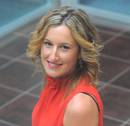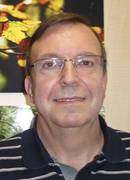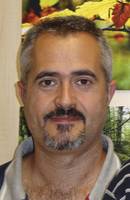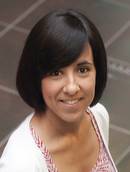Live, turn on young people
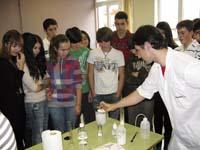
Science and technology capabilities are fundamental in our current society, where science and technology are very present. However, studies indicate that young people's vocation to science and technology is growing very slowly. According to the Flash Eurobarometer 239 report, for example, most students (67%) are interested in scientific topics, but then only some of them participate in extracurricular scientific activities or activities. And only 25% then choose a science career. This lack of interest has to do with the current educational system. In fact, the current education system is mainly based on the transmission of information, which does not arouse the motivation that students or young people can have regarding science and technology, and can even lose that interest. Therefore, new methods based on experimentation and research should be encouraged (Rocard, 2007).
According to the PISA 2006 report, the positive attitude of science and technology has a direct impact on results. In other words, greater motivation helps young people to acquire skills in science and technology better. Science LIVE! The Elhuyar Foundation and the UPV/EHU Teaching Research Group on Physics, Mathematics and Technology conducted a study on the project.
Zientzia LIVE! is a selection of live performances offered in schools. The aim is to bring science in an attractive and comprehensive way to young people to encourage their curiosity for science and to awaken their imagination. It is aimed at students of 3rd and 4th ESO, as topics related to their curriculum are discussed. Each performance consists of three workshops. In each workshop there are experiments that discover surprising scientific phenomena on a subject. Technological applications of science are presented using attractive and motivating scenarios or experiments. Students have the opportunity to discuss everyday scientific problems and how we use these scientific knowledge in everyday life or in the future.
However, when performing attractive and spectacular experiments, it must be taken into account that there may be many complex scientific contents behind them, and that they must necessarily be understood to become aware of what is seen. The presentation of experiments does not in itself prevent the risk of not understanding science. Therefore, if what happens is not understood, students will continue to think that science is abstract and difficult. That's why Zientzia LIVE! the project has sought a balance between the scenario and the content. All this without forgetting the objective of arousing the interest of students for science and technology.
This study has measured the influence it has had on 219 3rd and 4th ESO students from Navarra and the CAPV. To do this, after the project a survey of the students has been passed and the following aspects have been measured: on the one hand, the degree of satisfaction of the students of the project has been obtained and on the other, Zientzia LIVE! whether or not the initiative has influenced the attitude or vision of these 14-16 year olds regarding science and technology; finally, if experiments, in addition to being attractive, are useful or not to illustrate some concepts or contents related to science and technology.
Regarding the first aspect, the students showed great satisfaction with the project. They highlight the spectacularity of the experiments, their novelty and their relationship with applications of everyday life.
As for attitudes, your opinion on science or your interest in studying science, Zientzia LIVE! asks how the initiative has influenced and it is observed that the workshops have generated a positive attitude towards science and technology. However, this influence does not alter, of course, the learners' wishes for learning. It is very difficult for a single action to change its long-term decisions. However, this new experience has had a lot to say in some, especially among 4th ESO students, among those who have to make one decision or another before high school, or at least made them think.
As for the content aspect, they have assimilated the basic ideas and have understood well the concepts that appear in the workshop. More than half of the students have collected the basic ideas of chemical reactions, polymers, etc. Likewise, students have linked these scientific technological contents with applications of everyday life.
So you have seen Zientzia LIVE! actions such as initiatives arising from non-formal education, that is, integration into formal contexts allows young people to foster positive attitudes towards science and technology. Therefore, as far as teaching science and technology is concerned, compulsory school contexts should have non-formal learning experiences that enrich science with concrete aspects of everyday life, as well as to eliminate the prejudices that science and technology subjects are boring, difficult and bizarre, and that science is out of everyday reality.



